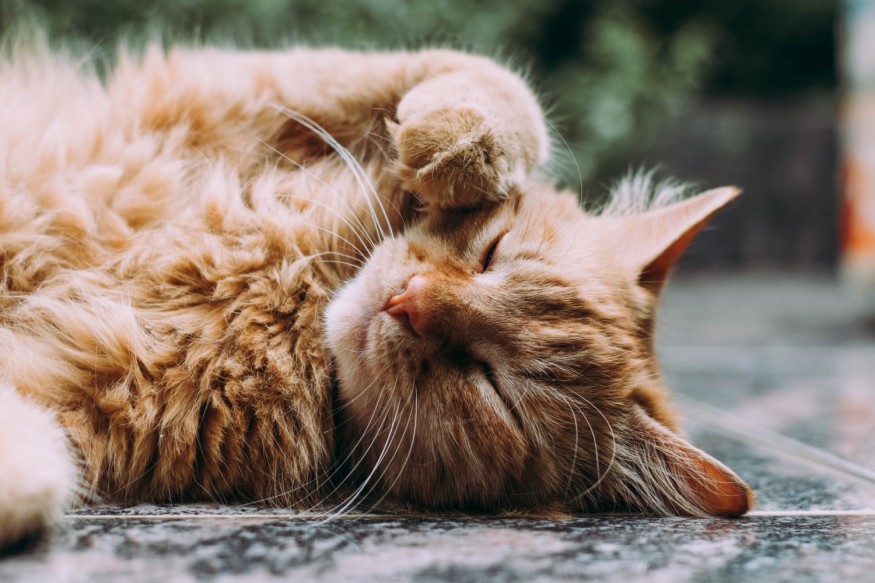Scientists are debating whether pet vaccination should be considered after carrying out a possible future scenario that animals can pick up dangerous mutation of the coronavirus variant.
While evidence shows that cats and ferrets are the most susceptible to SARS-CoV-2 infection and transmit to other companion animals, little evidence is known for pet-human transmission.
If this is the case, keeping pets in close contact at home is certainly not the best way to contain an outbreak, although it has been thought that vaccinating and quarantining cats or pets might be a wise precautionary measure.
No major problem at the moment, and the concern is for longer term

COVID transmission from your family and friends still poses much greater risk than acquiring the virus from pet animals, and no evidence for the latter provides specific control method in case new variants do appear.
The virus' ability to adapt to certain conditions makes it more inevitable to control. They can be as easily transmitted as the alpha variant, more able to infect vaccinated or previously infected people like the beta variant, or even more severe.
The thing about new, mutated variants, is that they can only be recognized when hosted by a human and can never be predicted beforehand. The only close to a solution we are ever going to get is to prevent circulation among species, even if it means vaccinating animals against the virus as well.
The UK government, carrying out the biggest surveillance program in history, can only consider possible future scenarios, and the possibility of new variants appearing in animals, included in their recent report from the Scientific Advisory Group for Emergencies (SAGE) about the long-term evolution of SARS-CoV-2.
The UK government, carrying out the biggest surveillance program in history, can only consider possible future scenarios, and the possibility of new variants appearing in animals, included in their recent report from the Scientific Advisory Group for Emergencies (SAGE) about the long-a term evolution of SARS-CoV-2.
Amongst the most important way of reducing the risk will be surveillance to identify any new variants in animals that aren't yet appearing in people.
Mass vaccination of pets may be ineffective
Although vaccines for pet cats and dogs are being developed, it is less likely that it will be effective at the moment.
Unlike people, pets have low infection rates and smaller trials simply don't provide good enough evidence that they will receive the same protection the vaccine gives to humans. Most importantly, scientists think this could be risky.
It is now acceptable that vaccinated people are exposed to new infections to identify variants that escape the immune response, but receiving the same basic vaccine designs for cats and dogs might select vaccine "escape variants" in those species, which can then transfer back even into vaccinated people.
In addition, experts say that there is no point in large-scale euthanasia or culling of cats to avoid infections other than appropriate isolation in a suitable facility, unless the variant was already widespread.
Surveillance programs in pets and wildlife to identify dangerous variants before its spreads is still the best and more acceptable option to focus on at the present.
© 2025 NatureWorldNews.com All rights reserved. Do not reproduce without permission.





